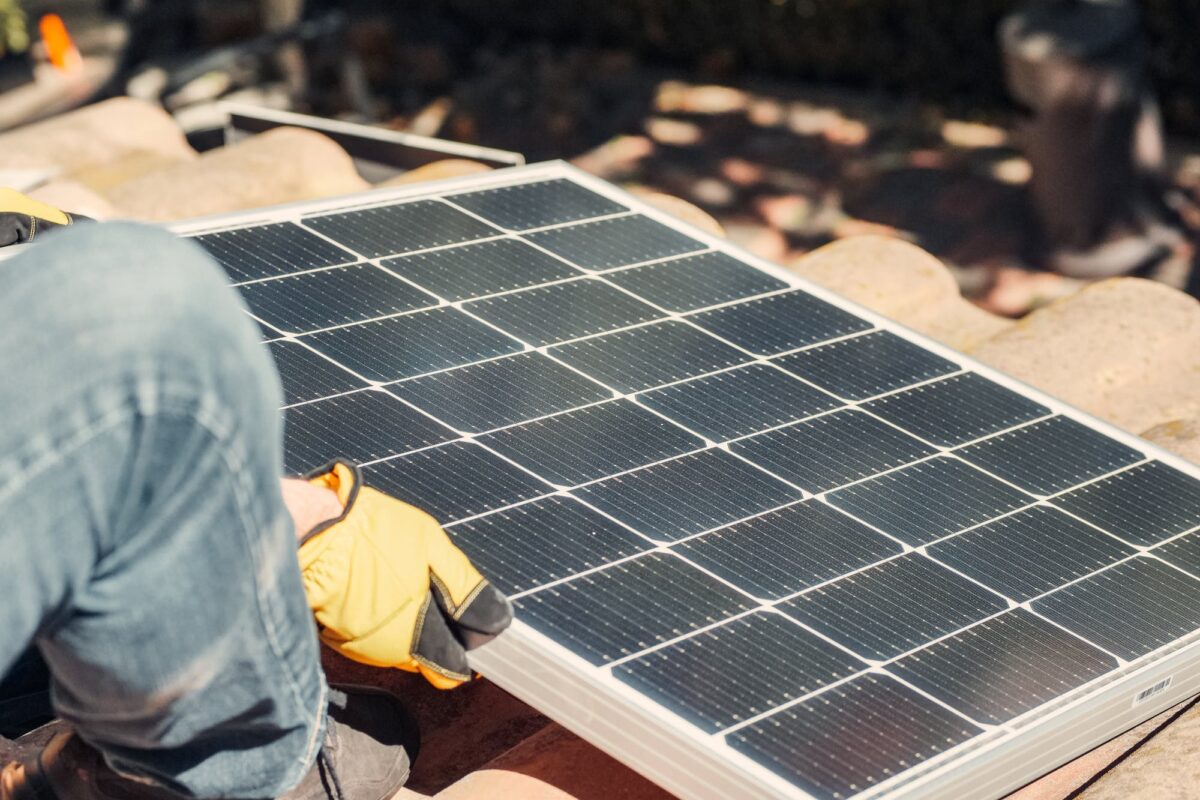Price increases of anywhere from $0.005 to $0.02 a Watt, a months-long drop in the volume of modules shipped to the U.S., and further project delays and postponements may follow in the wake of U.S. Custom and Border Patrol action in response to what officials said were credible reports of forced labor being in the solar supply chain in the Xinjiang region of China.
Action taken June 24 by the Biden administration included a “Withhold Release Order” by the Customs and Border Patrol (CBP) against Hoshine Silicon Industry Co. Ltd., a company located in China’s Xinjiang Uyghur Autonomous Region. The Withhold Release Order instructs personnel at all U.S. ports of entry to “immediately begin to detain shipments containing silica-based products” made by Hoshine and its subsidiaries.
(Read “Labor Department updates forced labor list to target polysilicon from region in China.”)
The action could have a broad impact as Hoshine supplies much of China’s polysilicon industry, which, in turn, manufactures wafers and solar modules that are widely distributed.
Hard to prove a negative
The administration’s action will challenge U.S. importers to prove to CBP that imported goods do not contain material from Hoshine or its subsidiaries.
“It’s incredibly hard to prove a negative,” especially if an importer operates with something less than a vertically integrated supply chain, said Richard Mojica, an attorney with Miller & Chevalier. He spoke during a webinar organized by Roth Capital Partners.

Image: Pixabay
The fact that action was directed toward a specific entity and not the entire Chinese region was taken by many as indicating a measured response to calls for the administration to take action in response to ongoing forced labor allegations.
Even so, Nathan Picarsic, co-founder of Horizon Advisory, said that the action is a “pretty clear signal” that CPB and the Biden administration are treating the forced labor issue strategically.
(Read “Border action ordered for solar components made by Chinese manufacturer.“)
Elise Shibles, an attorney with Sandler, Travis & Rosenberg, said that CBP likely has identified manufacturers who it believes have a connection to Hoshine. Those companies will need to document and verify their supply chain in order to disprove any connection. The enforcement action took effect June 23.
In taking its WRO action, CBP said it had identified around $150 million worth of product imported into the U.S. over the past two years that drew its attention. While that volume is a tiny percentage of the multi-billion-dollar U.S. solar market, the scope could grow with time.
Mojica said that CBP may undertake a survey of companies to get a better sense of the solar industry’s supply chain, and may use data analytics to determine which products are subject to the WRO. Data analytics could rely on the Harmonized Commodity Description and Coding System, also known as the Harmonized System of tariff nomenclature, which is a system of names and numbers to classify traded products.
Less product to the U.S?
Andy Klump, CEO and founder of Clean Energy Associates, said during the webinar that he estimated that the cost impact could be anywhere from half a cent to 2 cents a Watt. Residential and commercial and industrial projects are likely to see most of the expected price increase. And utility-scale projects could face further delays. Already this year, large-scale solar projects have been impacted by price inflation for everything from steel to polysilicon.
Klump said that although the possible price increases “sound like a lot,” they are small in comparison to other recent price hikes related to ocean freight rates and polysilicon. He said that there also could be “less product coming to the U.S.” for a time, perhaps extending for several months. And he said that smaller and mid-sized importers are likely to have a harder time complying with CBP requirements.
Picarsic warned that if the trade tensions remain, then China could target a big-name player in the U.S. market to set an example. He said the Chinese government views human rights scrutiny as politically motivated, which moves the dispute from one based on economics to one focused on geopolitics. “It increases the risk of retaliation,” he said.
Some escalation may already be in play. Earlier in June, the Chinese government passed measures authorizing it to punish companies that comply with U.S. sanctions. That could create legal jeopardy for U.S. companies that find themselves having to comply with Customs and Border Patrol mandates.
“No one wants trouble with the government,” Klump said during the webinar. “Suppliers are in a tricky position.”
This content is protected by copyright and may not be reused. If you want to cooperate with us and would like to reuse some of our content, please contact: editors@pv-magazine.com.









By submitting this form you agree to pv magazine using your data for the purposes of publishing your comment.
Your personal data will only be disclosed or otherwise transmitted to third parties for the purposes of spam filtering or if this is necessary for technical maintenance of the website. Any other transfer to third parties will not take place unless this is justified on the basis of applicable data protection regulations or if pv magazine is legally obliged to do so.
You may revoke this consent at any time with effect for the future, in which case your personal data will be deleted immediately. Otherwise, your data will be deleted if pv magazine has processed your request or the purpose of data storage is fulfilled.
Further information on data privacy can be found in our Data Protection Policy.